In a devastating turn of events, over 50 men fell victim to a brutal tribal clash in Papua New Guinea, marking a grim escalation in longstanding tensions.
Acting Superintendent George Kakas revealed that the conflict erupted as one group, accompanied by allies and hired fighters, embarked on a mission to attack a neighboring tribe. However, they found themselves ambushed in the rugged terrain of Enga province.
Join our WhatsApp Channel“These tribesmen have been killed all over the countryside, all over the bush,” Kakas lamented, highlighting the widespread nature of the massacre.
The aftermath painted a harrowing scene, with bodies strewn across battlefields, roads, and riversides. Police efforts to retrieve the fallen were met with challenges, as many wounded individuals sought refuge in the dense wilderness. Kakas anticipated that the death toll could climb higher, underscoring the magnitude of the tragedy.
Papua New Guinea, a nation renowned for its cultural diversity, is no stranger to internal strife. However, the sheer scale of this recent violence has sent shockwaves through the region. Prime Minister Anthony Albanese of neighboring Australia expressed deep concern, pledging support to aid their distressed neighbor.
The roots of this conflict trace back to longstanding grievances and electoral tensions. Governor Peter Ipatas revealed that authorities were forewarned about the impending clash, yet the ferocity of the confrontation surpassed expectations. Such outbreaks of violence, often triggered by electoral disputes, pose a formidable challenge to governance in the region.
With tribal animosities running deep and access to high-powered weaponry exacerbating the situation, authorities face an uphill battle in quelling the bloodshed. Oliver Nobetau, a government lawyer, acknowledged the grim reality of revenge killings looming on the horizon. Despite efforts to deploy police forces, resource constraints hinder comprehensive intervention.
“Tribal violence is prevalent, and the government, with its limited resources, will try to deploy the police wherever they can to try to curb the security issues,” Nobetau remarked somberly.
As Papua New Guinea grapples with the aftermath of this massacre, the urgent need for sustainable peace-building measures becomes increasingly evident.
The international community, including Australia, stands poised to offer support in this critical juncture. Yet, the path to reconciliation and stability in the region remains fraught with challenges, underscoring the pressing need for concerted efforts toward lasting peace.
Emmanuel Ochayi is a journalist. He is a graduate of the University of Lagos, School of first choice and the nations pride. Emmanuel is keen on exploring writing angles in different areas, including Business, climate change, politics, Education, and others.

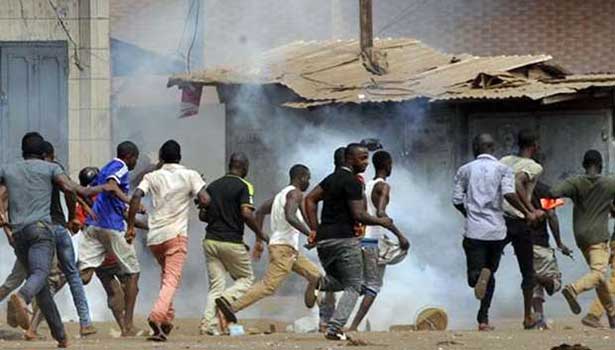



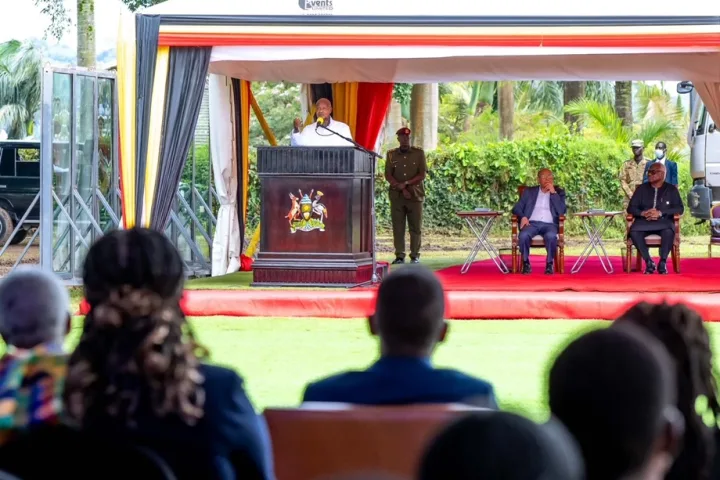
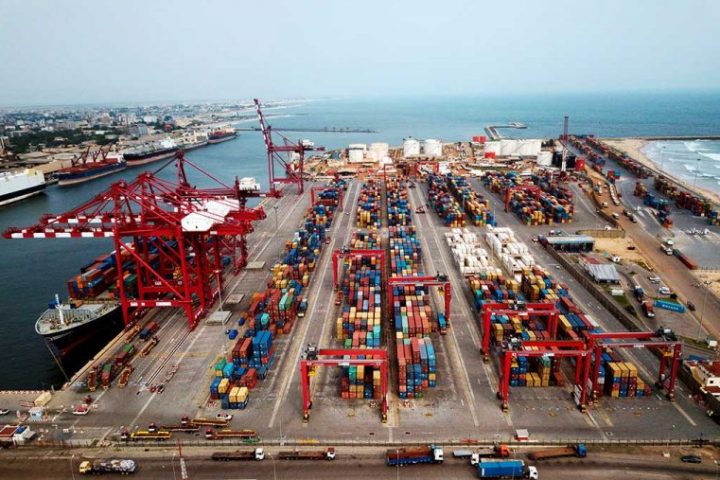









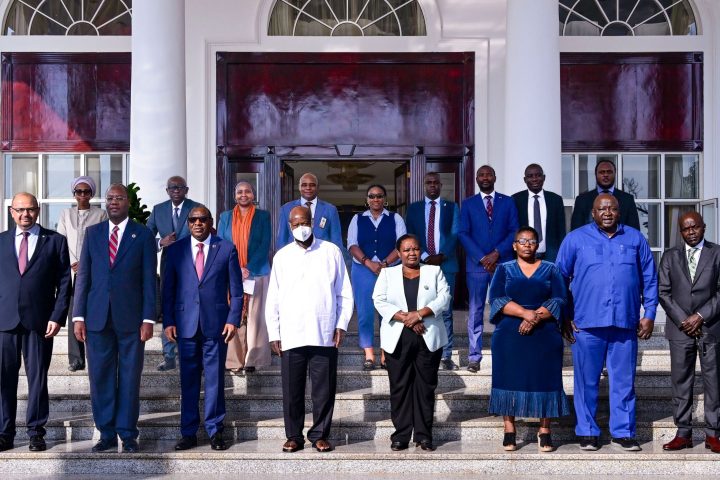

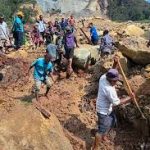
Follow Us